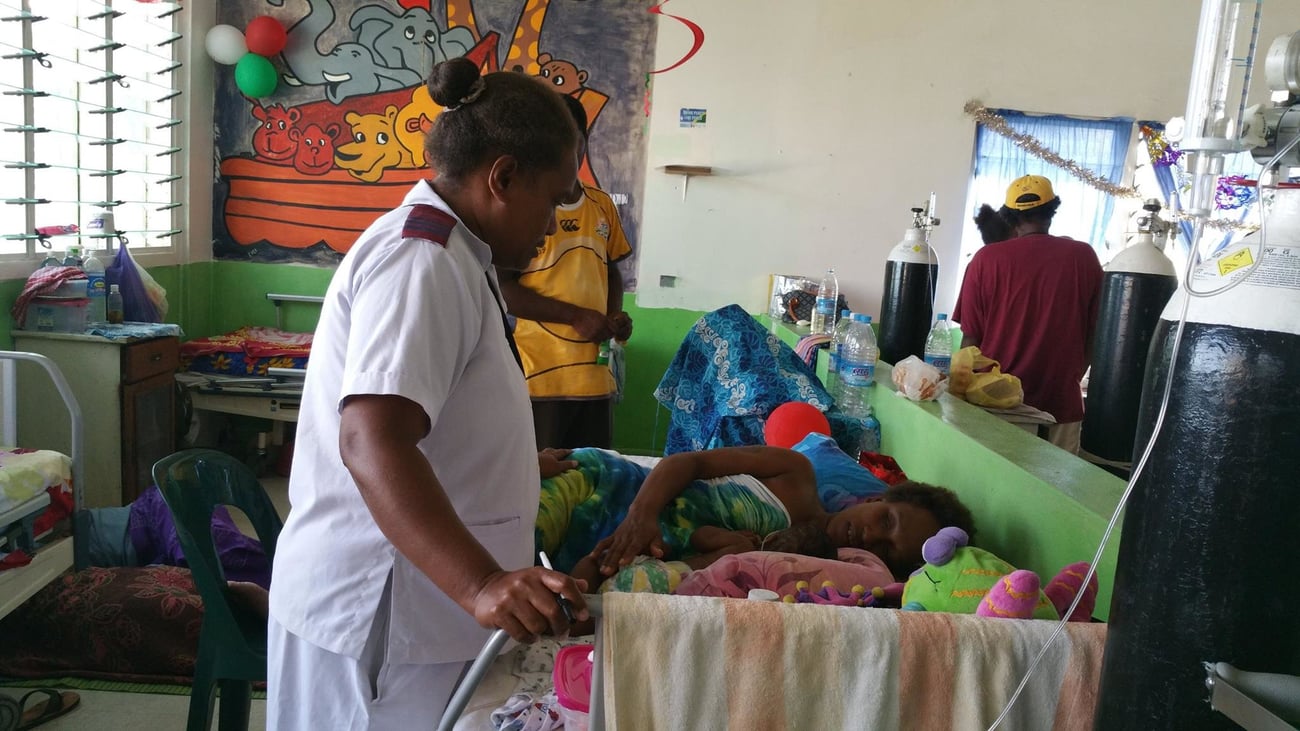Inspiring individuals: How Take My Hands founder Janette Searle gets medical supplies to those in need

Janette Searle grew up tearing around Cannons Creek doing 15 things at once. She channelled that energy into being an organiser of anything and everything for TVNZ, but eventually she chucked in the screen life and got interested in the health sector. Now she is using her organising powers to provide spare medical supplies and equipment to the sick and injured. Here she explains what inspired her to create Take My Hands, a charitable organisation that redistributes medical equipment and supplies to those in need.
I grew up in Cannons Creek, Porirua, wearing out my jandals on skateboards, screaming around with a group of kids that would have made the United Nations envious of our diversity. I had a strong sense of belonging, a passion for adventure, and friends who accepted that I liked to do 15 things at once, all the time. My childhood gave me a sense of being well-loved for who I was and a belief that I could do anything I put my mind to.
When I left study the first time I worked at TVNZ and spent 17 years managing screen productions. My early career honed my ability to organise pretty much anything you can imagine. Need 10 dwarves and some 15ft palm trees in a field in Te Awamutu? Give me a call.
This is the foundation from which I launched Take My Hands. It kind of happened accidentally on purpose over a chance meeting and a cup of tea at a conference, followed by a boring night on the telly – as well as an overwhelming desire to see if I could do something I knew nothing about.

That first project involved collecting artificial limbs and sending them to an organisation in Pakistan that worked with people in desperate need. Now Take My Hands collects and collates medical equipment that will no longer be used in New Zealand, but is still very usable, and redistributes it to organisations working with people in need in the Asia-Pacific region.
Part of our purpose involves minimising waste by using spare capacity. So that’s diverting equipment from landfill and using spare space in warehouses, trucks, containers and ships to store and transport equipment. This is obviously a huge win for us and our recipients, but it’s also a win for our amazing partner organisations, like New Zealand Post Global Logistics and PBT Transport, among others. It’s a low-cost way to contribute to a high-value impact, and make a real difference for those most in need. And that’s a story their customers and stakeholders love and will invest in.
We are very focused on the people at the end of our supply chain, and their challenges are real. I’ve had chance to visit hospitals and local clinics in Fiji. Without exception, all the staff I met were passionate about their communities and the people they served, and they showed impressive resilience and commitment, despite working with severely limited resources, broken equipment or no equipment at all.
When the closest doctor is a 200km boat ride away, you can appreciate the difficulty of accessing healthcare. Life with a disability can be incredibly tough at the best of times but when you factor in cultural stigma and social isolation, the flow-on effects can include mental health problems and disconnected communities.
So the equipment we send really does make a difference. Hospital beds improve recovery time and reduce in infection, drip poles prevent someone having to stand holding medication bags for hours, and crutches and wheelchairs mean mobility. Artificial limbs mean a return to school, work, community and life. It’s the ripple effect in action.
I believe that making a lasting and real difference, for instance in healthcare in the Pacific, takes a cross-sector approach. It needs governments, business, philanthropy, service providers and the communities themselves to work together to identify and contribute to the solutions. From there, the ripple effect will spread to better and more appropriate healthcare, and healthier, more sustainable communities. And I would like Take My Hands to use its knowledge and experience to play a role in that.
- You can support the work of Take My Hands with a regular donation at www.onepercentcollective.org.
- This story was originally published in The Generosity Journal, issue four.




